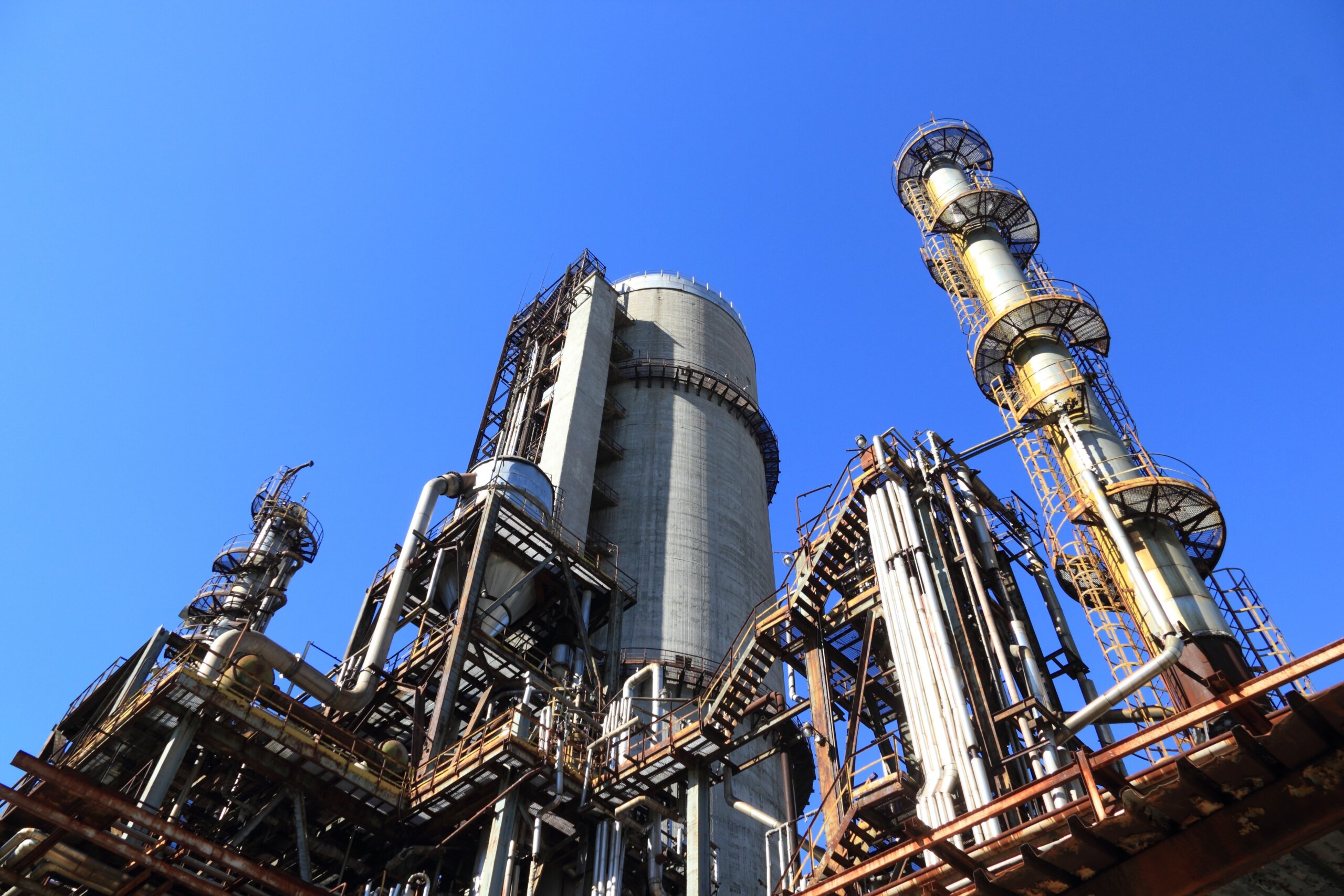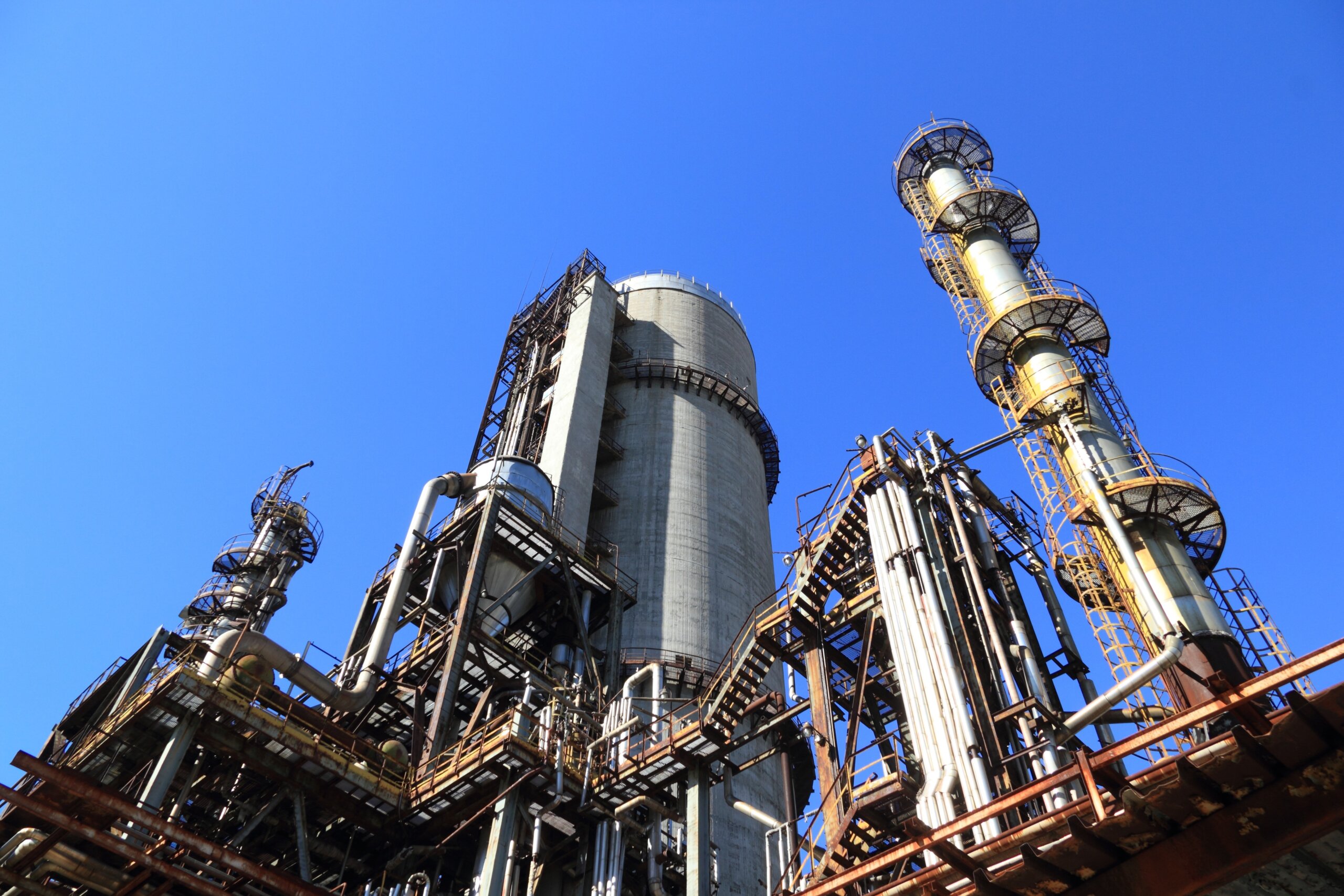“Deglobalization” has entered the narrative zeitgeist. But what’s happening on the ground? This weekly series seeks to answer that question with a round-up of deglobalization developments from the week that’s done.
1. Beijing authorities are asking domestic law firms to play down China-related business risks in Chinese companies’ offshore listing documents, according to reporting by Reuters. Prospectuses for Chinese firms listing overseas typically include details on changing political and economic conditions and US-China tensions among potential business risks. Now Beijing wants even those boilerplate disclosures scrubbed.
2. Barely two weeks after Moscow seized control of Danone and Carlsberg’s Russian subsidiaries, Unilever says its “least bad” option is to continue to “pursue our business [in Russia] but in a highly constrained manner.”
3. The US battery startup Group14 Technologies aims to start producing a silicon precursor in Germany, having just bought a European silane producer. Group14 is working on a silicon-based battery that could to replace all or part of the graphite in the negatively charged anode. China currently controls all of the world’s battery-grade graphite processing capacity.
4. Stellantis and Samsung are building a second joint-venture battery plant in the US, targeting production in 2027. That will add to the burgeoning US EV supply chain, with domestic EV battery manufacturing capacity forecast to grow 20-foldbetween 2021 and 2030. As of last month, there have been over 170 new or expanded battery-related facilities in the US since 2021.
5. In other EV news: Volkswagen is doubling down on a turnaround in China, announcing a strategic partnership with Chinese EV startup Xpeng (more on that in our weekly factors and markets briefing). Nissan and Renault are taking another approach: they’re rebooting their alliance to take on the China challenge.
6. The biggest recipient of Chinese outbound direct investment so far this year is nickel-rich Indonesia, along with other emerging markets, as Chinese investors redirect their capital away from the West. The shifting investment flows are likely aimed at cementing Chinese dominance in strategic emerging industries: for example, EV-related metals drew the most investment interest in the first half of 2023, according to Derek Scissors of the American Enterprise Institute.
7. US president Joe Biden signed an executive order called “Invent it here, make it here.” The White House says it’s aimed at better tracking progress in domestic manufacturing; boost incentives to manufacture domestic inventions on home soil; and improve supply chain resilience by considering whether certain critical or emerging technologies should be produced domestically when agencies consider R&D funding allocations.
(Photo by Pexabay/Pexels)




